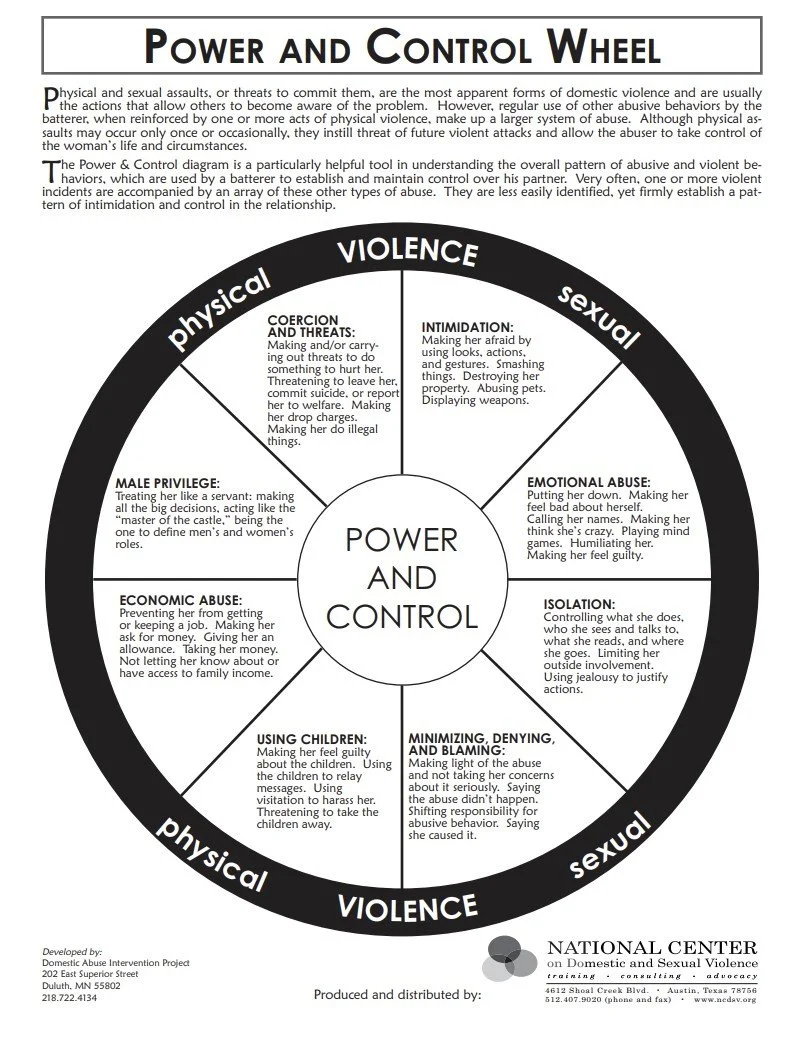“It Ends With Us” -Colleen Hoover.
TRIGGER WARNING: The following article contains content relating to domestic violence. If you are in immediate danger please call 999. If you would like help contact Refuge on 0808 2000 247.
“It ends with us”
Sara (not her real name) has no recourse to public funds (NRPF). She is in an abusive relationship with a drug user, who repeatedly beats her. On a spousal visa, she risks deportation if she leaves her abusive husband. She is in debt to the NHS for over £500 and cannot access basic medical care because of the NHS’ legal duty to report her debt to the Home Office. All services turn her away due to her NRPF status, and this includes supposedly feminist organisations and refuges. When asked about her experiences, in her own words she cries “I feel like a ghost that no one cares about”.
Sara’s haunting story is an example of the several complex domestic violence cases I dealt with when working in the domestic violence charity sector. Women would come to us with varying complex needs, from immigration restrictions to language barriers. I would deal with women who had been sexually, physically, economically and emotionally abused, and risk dealing with dangerous perpetrators.
I often wonder where the women I worked with are today. I still remember the day a woman approached me saying she was fleeing domestic violence, and I honestly didn’t know what to do. Every situation is different. I still remember the sorrowful look on her face, the hope in her voice when I told her my manager would call her within twenty-four hours. She simply replied, in a soft voice whilst cradling her baby, “I’ll be waiting by the phone”.
What people do not realise when we have discussions on domestic violence is that every situation is different and not every perpetrator is the same. They may mimic similar behaviours, but important discussions are needed to assess the blame.
This blog-post will explore the book, and the reality behind the fiction.
The story
When I first picked up this book, I had reservations. Hardly a canonical text, it is written simply, yet this soon came to grow on me. The language is jovial and accessible. And that is what books on domestic violence should be like. Accessible. The plague of domestic violence does not discriminate.
The story features Lily, the story’s protagonist, who aspires to becomes a florist.
She is your typical hallmark protagonist. Fun, lovable and cutesy.
The book opens with her meeting a mysterious man on a rooftop party. He ticks all the necessary boxes:
Handsome ✅
Educated ✅
Good profession (he is a surgeon) ✅
Nice Family ✅
So initially, reading, I had hesitations.
‘Will this book just be another cheesy snore’, I remember thinking.
I was later made to take a slice of humble pie when I realised this was all clever world building.
The mysterious man, Ryle, soon becomes the story’s mysterious protagonist/antagonist hybrid.
In the clever world building, we learn that he presents himself to Lily, the world, and us the reader, as all these charming qualities to hide her more insidious qualities:
Bad temper ❌
Quick anger ❌
Narcissistic ❌
Violent ❌
Manipulative ❌
Jealous ❌
Paranoid ❌
Once Lily weds Ryle, Ryle’s charming character presence does a dramatic u-turn. This is common with in relationships involving spousal abuse. It is a story we hear all too often. Once the wedding comes, and the paperwork is signed, the switch in Ryle’s character occurs.
That beautiful charm was just a mask, shielding a much uglier, violent personality.
The mask fell, and the book takes a dark turn.
Of course, humans are complex beings - we all have areas of grey. So it can be difficult to spot a real perpetrator. In this instance, I direct you to the domestic violence wheel.
These patterns of abuse often involve a narcissistic sociopath, who keeps the happy family pretence. This occurred with Lily following her pregnancy.
Lily, however, learning from her own experiences of witnessing childhood abuse, decides to break the cycle, and end the book with the poignant titular quote, ‘It ends with us’.
Side note
I am accepting the sad fact we have lost most young men to the far-right. However, there is still hope.
Books and resources like this help us stay vigilant amidst the far-right backlash.
The cycle of abuse and gaslighting ends with us.
Stay safe guys, and be careful x

